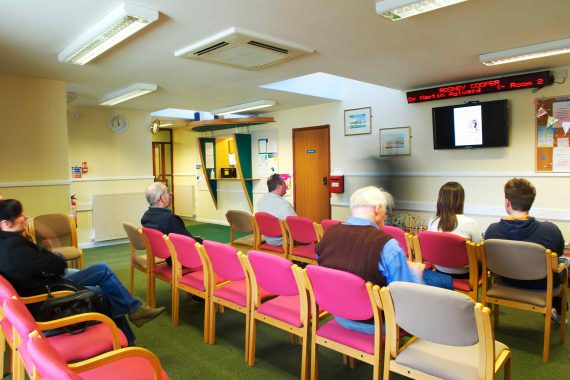GP networks will create 100,000 extra appointments in Gloucestershire

GP practices in Gloucestershire will be able to provide 100,000 more appointments by working together as part of primary care networks, NHS England has claimed.
The 75 practices working within 16 primary care networks will be able to provide the extra GP and nurse appointments by employing clinical pharmacists, paramedics, mental health workers and physiotherapists to free up time, it said.
Primary care networks are the new focus of the five-year GP contract, released last week. They must cover all patients and much of the new and some existing funding will be funneled through them into practices.
NHS England said paramedics are working with some networks to carry out home visits in the community, which will save GPs around 120 visits a month, while physiotherapists are working with others to offer more than 180 appointments.
There are also more than 40 clinical pharmacists working in practices to give expert medication advice and three mental health practitioners, who can see around 65 patients a week.
The ‘strong partnership’ between the networks will mean more patients can be treated closer to home and fewer will need hospital treatment, NHS England said.
Tewkesbury GP Dr Jeremy Welch said introducing different skill mixes is ‘excellent for patients’ and means a variety of services will be available.
He added: ‘The feedback from patients and staff has been extremely pleasing and we are encouraged to keep developing the offer we are able to provide to our patients.
‘We are in exciting times and it really feels like a team effort to support our patients’.
NHS England’s acting medical director for primary care and GP Dr Nikki Kanani said: ‘Patients want to get an appointment as quickly as possible when they contact their GP surgery and it is great news that in Gloucestershire there are now many more appointments available.
‘Also a mixed team of health professionals including nurses, pharmacists, physiotherapists or paramedics means patients can be seen quicker by the right health professionals for their needs, freeing up time for GPs to see the most complex patients.’
Last month, NHS England reported a primary care network pilot in Luton saved 3,000 appointments and £50,000.
Pulse October survey
Take our July 2025 survey to potentially win £1.000 worth of tokens











